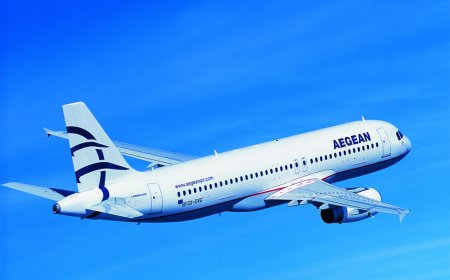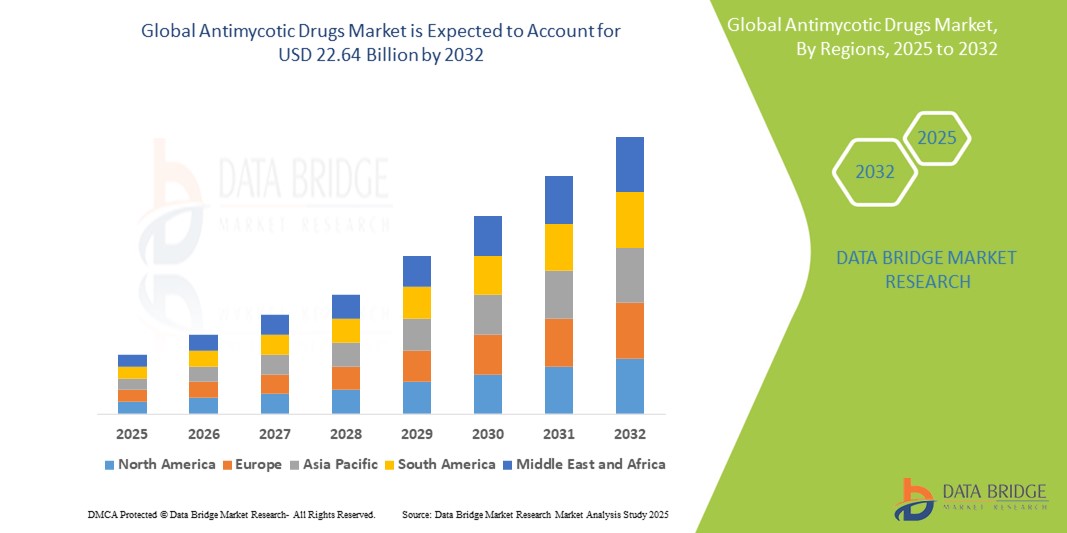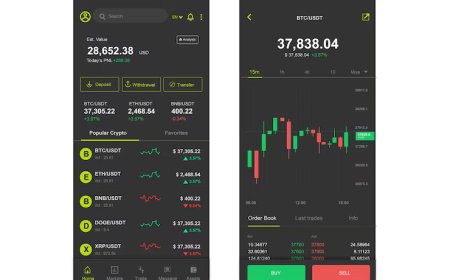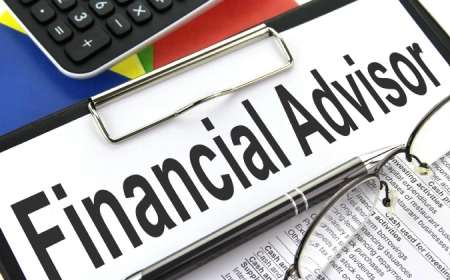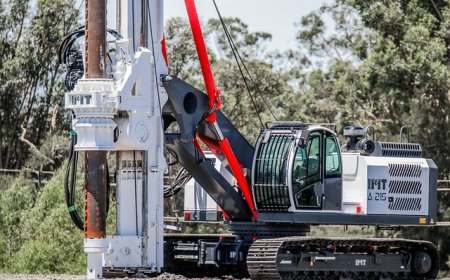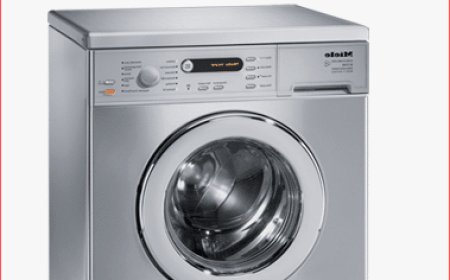How to Manage Anemia in Dubai with Proper Diet and Supplements
Learn how to manage Anemia Dubai with proper diet, supplements, and medical guidance, including costs, before and after results, and FAQs.

Anemia Dubaiis a condition that occurs when you dont have enough healthy red blood cells to carry adequate oxygen to your tissues. This leads to symptoms like fatigue, weakness, and pale skin. Managing anemia involves a combination of dietary changes, supplements, and regular medical monitoring. This article will guide you through how to manage anemia in Dubai, the role of diet and supplements, the costs associated with treatment, and provide answers to frequently asked questions.
What is Anemia?
Anemia is a common condition that can be caused by various factors, including iron deficiency, vitamin B12 deficiency, folic acid deficiency, or chronic diseases. The condition reduces the number of red blood cells or hemoglobin in the blood, leading to reduced oxygen flow to the bodys tissues. There are several types of anemia, with iron-deficiency anemia being the most prevalent.
Symptoms of Anemia
- Fatigue and weakness
- Pale or yellowish skin
- Shortness of breath
- Dizziness or lightheadedness
- Cold hands and feet
- Chest pain or rapid heartbeat
Causes of Anemia in Dubai
Anemia Dubaican be triggered by a variety of factors, including:
- Iron Deficiency: The most common cause of anemia in Dubai, often due to inadequate dietary iron intake, especially among vegetarians or those with poor diets.
- Vitamin Deficiency: A lack of vitamin B12 and folate can also lead to anemia.
- Chronic Diseases: Conditions like chronic kidney disease or cancer can cause anemia by affecting red blood cell production.
- Genetics: Some genetic conditions, like sickle cell anemia, can also contribute to the development of anemia.
How to Manage Anemia in Dubai with Proper Diet and Supplements
ManagingAnemia Dubaiinvolves increasing your intake of iron, vitamins, and other nutrients necessary for the production of healthy red blood cells. Here are some dietary and supplement recommendations to help you manage anemia:
1. Iron-Rich Foods
Iron is a key nutrient required for red blood cell production, and increasing your intake of iron-rich foods is essential. There are two types of iron: heme iron (found in animal products) and non-heme iron (found in plant-based foods). Heme iron is more easily absorbed by the body.
Foods Rich in Heme Iron:
- Red meat (beef, lamb, venison)
- Poultry (chicken, turkey)
- Fish and shellfish (salmon, sardines, clams)
- Liver (beef or chicken liver)
Foods Rich in Non-Heme Iron:
- Leafy green vegetables (spinach, kale)
- Legumes (lentils, chickpeas, beans)
- Tofu and tempeh
- Fortified cereals and grains
- Pumpkin seeds and nuts
2. Vitamin C-Rich Foods
Vitamin C helps enhance the absorption of non-heme iron. Including vitamin C-rich foods in your diet can improve your bodys ability to absorb iron.
- Citrus fruits (oranges, lemons, grapefruits)
- Strawberries
- Bell peppers
- Tomatoes
- Broccoli
3. Folic Acid and Vitamin B12
Folic acid and vitamin B12 are essential for red blood cell production. A deficiency in either of these can lead to anemia.
- Folic Acid: Found in leafy greens, beans, peas, lentils, and fortified cereals.
- Vitamin B12: Found in animal products like meat, dairy, eggs, and fortified plant-based milks.
4. Iron Supplements
In addition to dietary changes, your doctor may recommend iron supplements to manageAnemia Dubai. Iron supplements are available in various forms, such as tablets, capsules, and liquid. They are typically prescribed when dietary intake is not enough to correct the deficiency.
- Ferrous Sulfateis the most common form of iron supplement.
- Side Effects: Iron supplements may cause gastrointestinal side effects like constipation or stomach upset. Your doctor may recommend a specific type of supplement to reduce these effects.
5. Vitamin B12 and Folic Acid Supplements
For those with vitamin B12 or folate deficiencies, supplements may be prescribed to ensure adequate levels of these nutrients for red blood cell production.
- Vitamin B12 Supplements: Available in tablets, injections, or nasal sprays.
- Folic Acid Supplements: Typically available in tablet form.
Cost of Managing Anemia in Dubai
The cost of managingAnemia Dubaican vary depending on the severity of the condition, the treatment required, and whether you need further diagnostic tests.
- Doctor Consultation Fees: The cost of seeing a doctor for a diagnosis or follow-up appointment typically ranges from AED 200 to AED 600, depending on the clinic and the doctors experience.
- Diagnostic Tests: Blood tests, including a complete blood count (CBC) and iron studies, are essential for diagnosing anemia. These tests typically cost between AED 100 and AED 500, depending on the lab and the scope of the test.
- Iron Supplements: Over-the-counter iron supplements can range from AED 20 to AED 100 per month, depending on the brand and dosage.
- Vitamin B12 and Folic Acid Supplements: Supplements for vitamin B12 and folic acid generally cost between AED 50 and AED 150 per month.
- Specialist Consultations: If you need to see a hematologist or other specialist, consultation fees may range from AED 400 to AED 800.
Additional Costs
If further treatment such as iron injections or blood transfusions is needed, the costs can increase significantly. Blood transfusions in Dubai can cost anywhere between AED 2,000 and AED 5,000, depending on the clinic and the number of units required.
Before and After Results of Managing Anemia
Before Treatment
Before starting treatment, individuals withAnemia Dubaioften experience symptoms like fatigue, dizziness, and pale skin. The condition may go unnoticed until these symptoms become more pronounced, leading to a diagnosis after blood tests.
After Treatment
After appropriate dietary changes, iron supplementation, and/or vitamin B12 and folic acid supplementation, most individuals see a significant improvement in their symptoms within a few weeks. Energy levels improve, and fatigue reduces as red blood cell production increases.
Regular follow-up visits and blood tests will help ensure that iron levels and other vital nutrients are within normal ranges, allowing individuals to return to their daily activities with increased vitality.
5 FAQs About Managing Anemia in Dubai
- What are the main causes of anemia?
The most common cause ofAnemia Dubaiis iron deficiency, but it can also be caused by vitamin B12 or folic acid deficiency, chronic diseases, or genetic conditions. - How can I increase my iron intake?
Include more iron-rich foods in your diet, such as red meat, poultry, leafy greens, beans, and fortified cereals. Pairing iron-rich foods with vitamin C can enhance absorption. - How long does it take to treat anemia?
Treatment duration can vary depending on the severity of the deficiency. It may take a few weeks to a few months to replenish iron or vitamin levels and see significant improvement in symptoms. - Can anemia be prevented?
Yes, anemia can often be prevented by maintaining a balanced diet rich in iron, vitamin B12, and folic acid, as well as regular health check-ups to monitor iron levels. - Can anemia lead to other health problems?
If left untreated,Anemia Dubaican cause complications such as heart problems, cognitive issues, and decreased immunity. It is important to manage the condition early to avoid complications.
Conclusion
ManagingAnemia Dubairequires a combination of proper diet, supplements, and regular medical monitoring. By increasing your intake of iron, vitamin B12, and folic acid-rich foods, and taking the necessary supplements, you can effectively manage anemia and improve your quality of life. Regular consultations with your healthcare provider, along with blood tests to monitor your progress, are crucial in managing this condition successfully. If you suspect you have anemia, it is important to seek medical advice early to prevent complications and maintain overall health.







